Explain
A collection of 50 posts

Why I Stopped Hating Systemd
I realize that systemd is more than just an init system, it’s a complete automation framework.
· Umair Khurshid
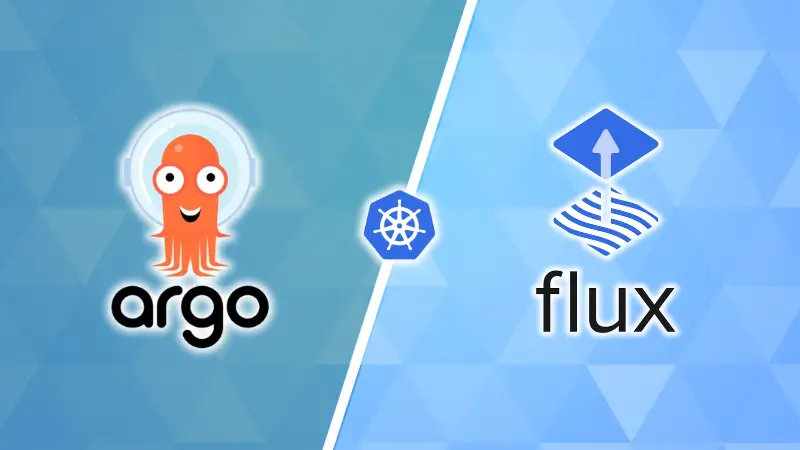
Argo CD vs. Flux CD: Which GitOps Tool is Right for Your Kubernetes Workflow?
Argo CD vs Flux CD, what should you choose? They're both good, so let's take a deep dive here to compare!
· LHB Community
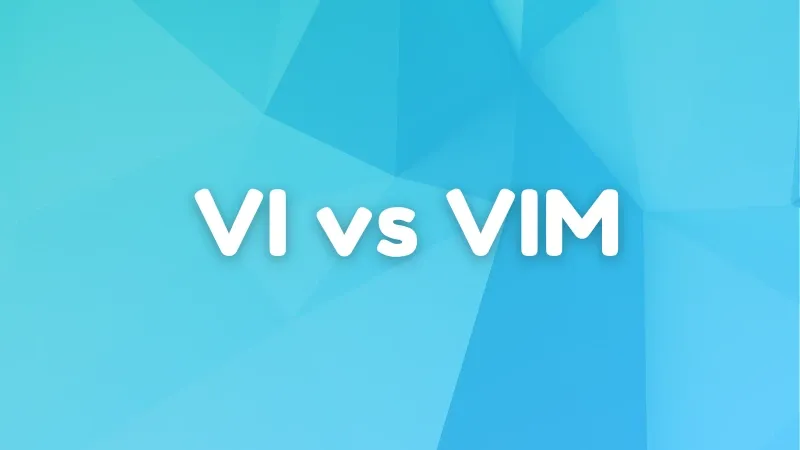
Vi vs Vim: What's the Difference?
Let me clear some of the confusion around the use of Vi and Vim.
· Abhishek Prakash
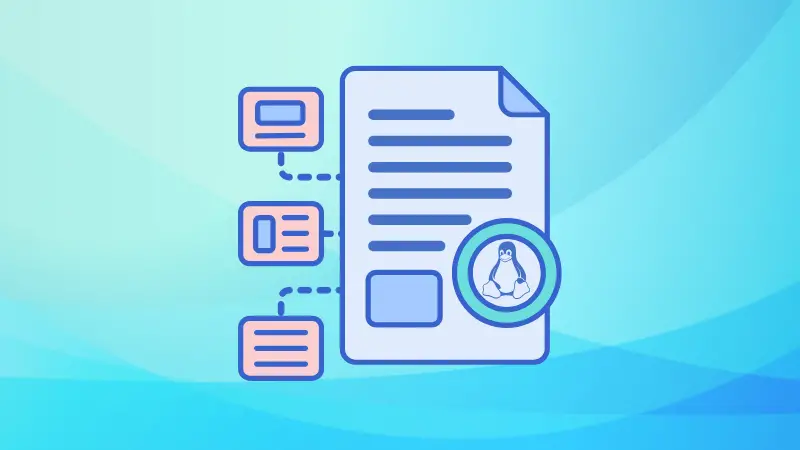
Understanding File Descriptors in Linux
Understand file descriptors, an essential core concept of Linux.
· Sagar Sharma
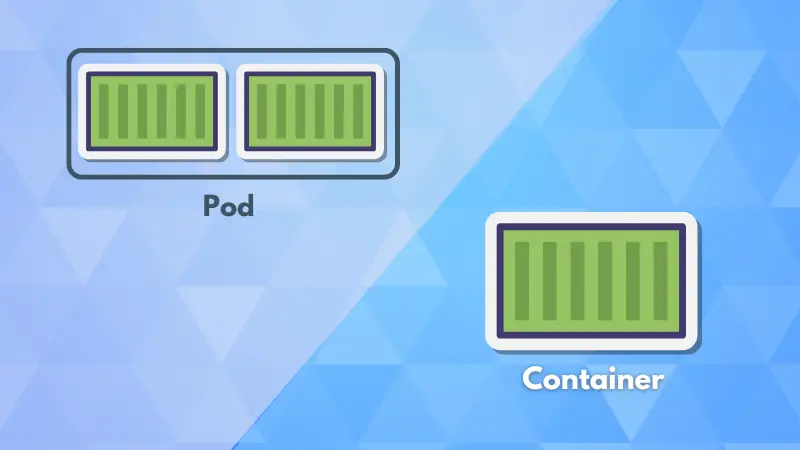
Difference Between Pods and Containers in Kubernetes
It is easy to get confused between pods and containers when you are new to Kubernetes.
· LHB Community

Understanding Out of Memory Killer (OOM Killer) in Linux
Learn about Linux kernel's out of memory management handling mechanism.
· Abhishek Prakash

Why Learn Linux?
As someone who has been in the IT industry for more than 20 years, I love to answer this question.
· Helder
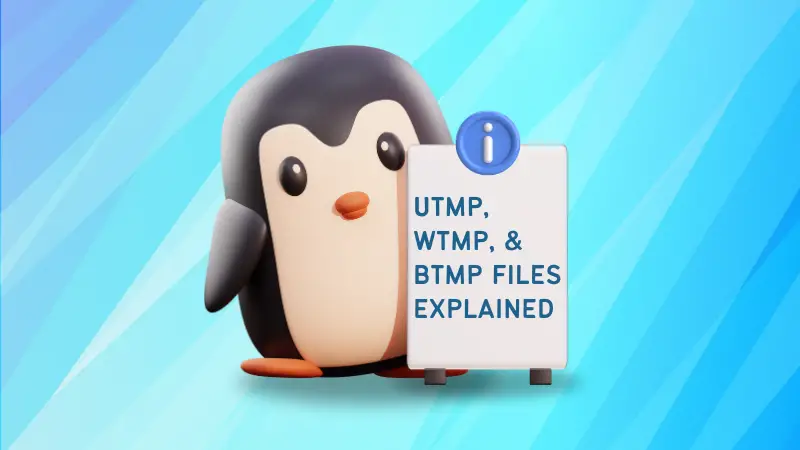
What are utmp, wtmp, and btmp Files in Linux?
The utmp, wtmp and btmp files has nothing to do with time. They store records of login related activities. Learn more about them.
· Sagar Sharma
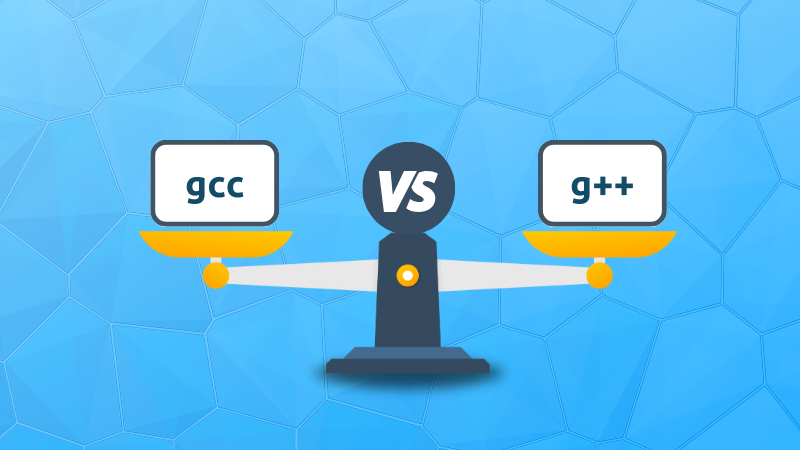
gcc vs g++: What's the Difference?
gcc and g++ compilers work quite similar when it comes to compiling C programs in Linux. Here's how they are different from each other.
· Sagar Sharma

What do <, << and <<< mean in Linux?
The <, << and <<< look similar to redirection indicators but they have a different purpose. Learn about them.
· Sagar Sharma
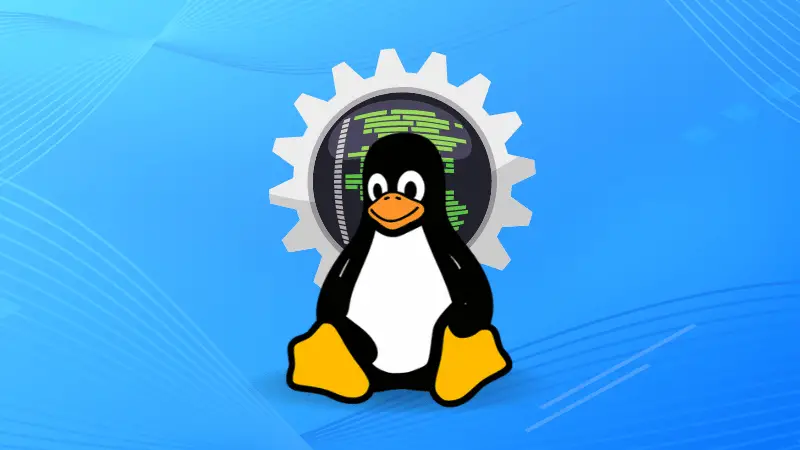
System Calls in Linux
System calls are an integral part of the Linux architecture. Learn about the most common types of system calls in Linux.
· Sagar Sharma

What are /dev/random and /dev/urandom in Linux?
Both /dev/random and /dev/urandom are used for generating random numbers in Linux. Learn more about them.
· Sagar Sharma
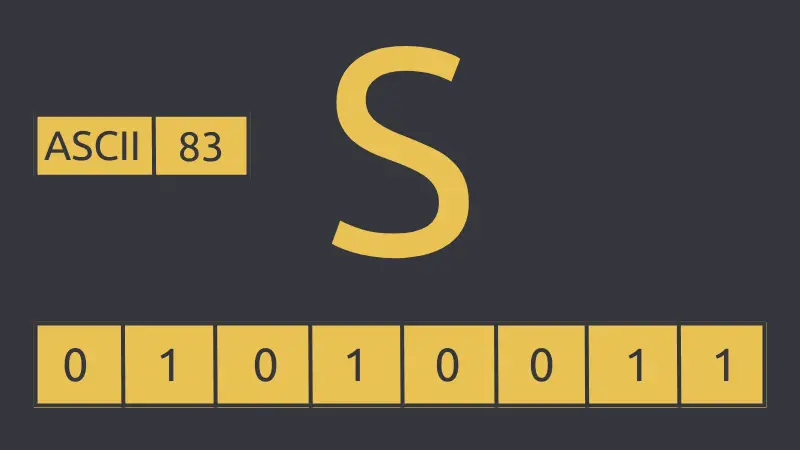
Understanding the ASCII Table
Learn the history of ASCII, character encoding and the ASCII table. Basically everything important associated with ASCII.
· Sagar Sharma

What is /dev/null in Linux?
/dev/null is the blackhole equivalent of Linux systems. What is it and why it used?
· Sagar Sharma
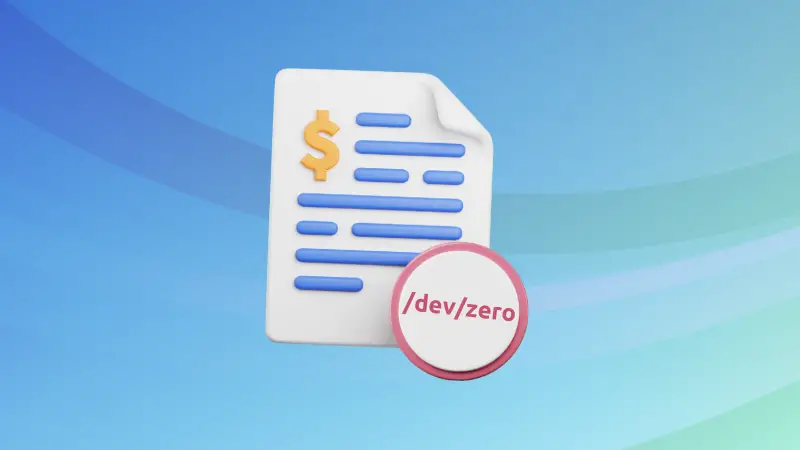
What is /dev/zero in Linux?
One of the special device files in Linux, /dev/zero is used for creating files filled with zeroes.
· Sagar Sharma
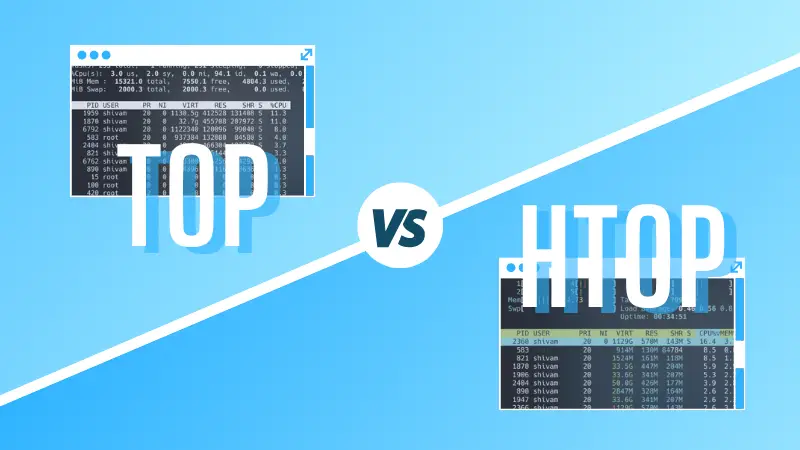
top vs htop: What's the Difference?
Both top and htop are similar command line tools used for system monitoring in Linux. Here's how they are different from each other.
· Sagar Sharma
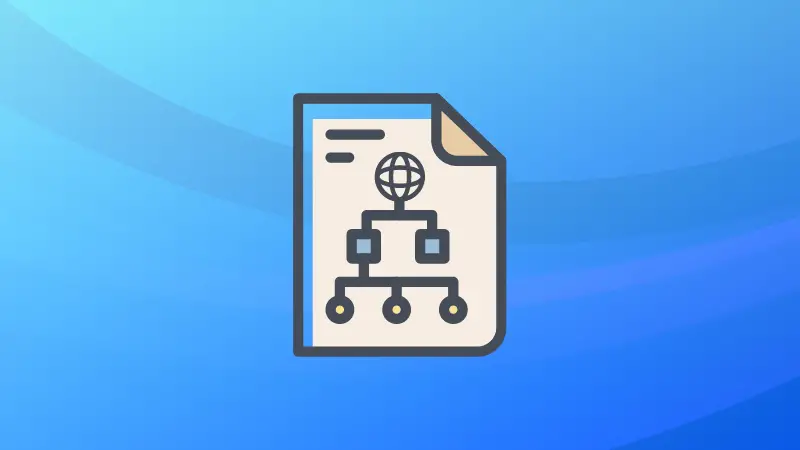
What is the Purpose of /etc/hosts File in Linux
The /etc/hosts file is an integral part of the Linux system. But what is it used for?
· Sagar Sharma
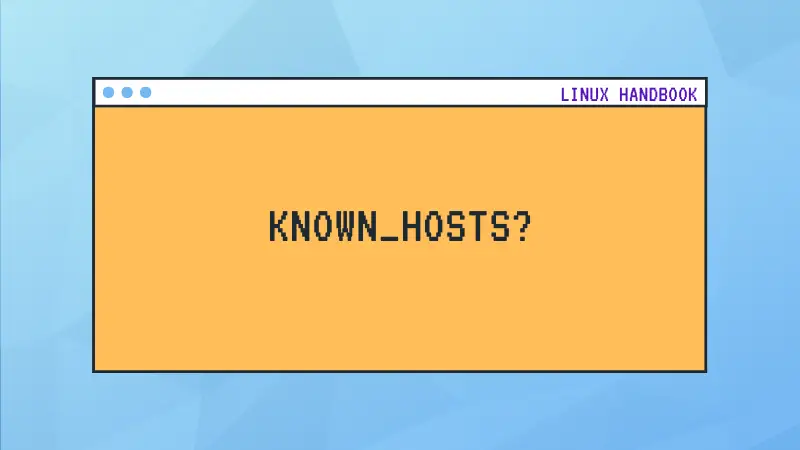
Everything You Important You Should Know About the known_hosts file in Linux
There is a known_hosts file in the .ssh directory and it is an integral part of the SSH mechanism. Learn more about it.
· Abhishek Prakash
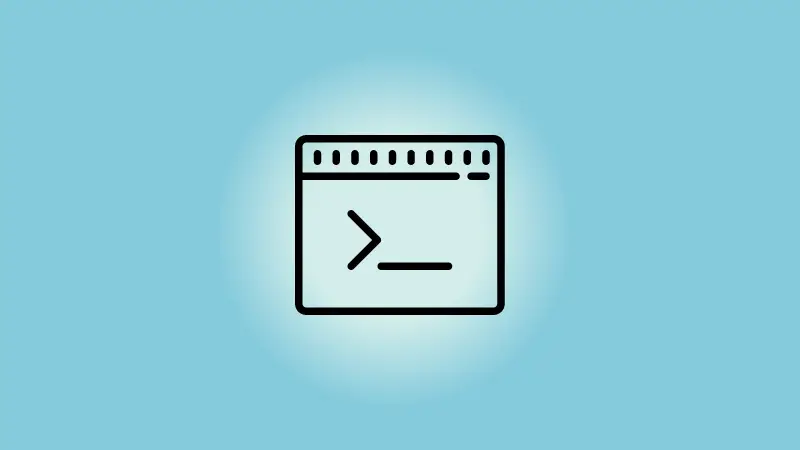
What is Dash Shell in Linux?
Not many people are aware of a dash shell which is usually found in the Debian Linux distribution. Here's a quick introduction.
· Sagar Sharma
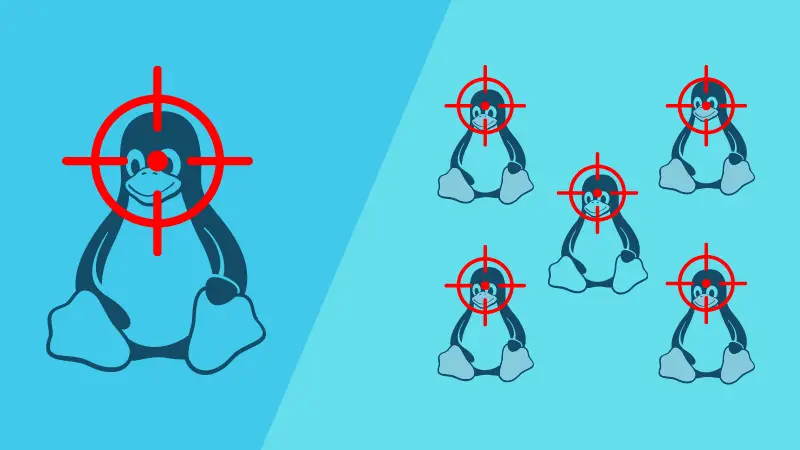
What's the difference between kill and killall commands?
Both kill and killall commands are used for force stopping (killing) processes in Linux. Learn the difference between the two similar commands.
· Abhishek Prakash

What is BusyBox in Linux? How to Use it?
Learn why BusyBox has suddenly gained a following among certain Linux users.
· Abhishek Prakash

Difference between Containerization and Orchestration: A Layman's Outlook
Learn the basic difference between containerization and orchestration through a simple analogy.
· Avimanyu Bandyopadhyay
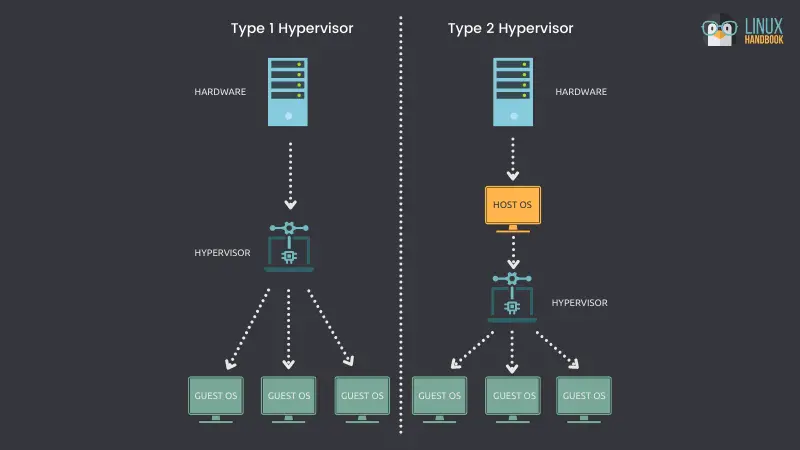
What is a Hypervisor? What's the Difference Between Type 1 and 2?
A quick look into how hypervisors work and the difference between their two types.
· Avimanyu Bandyopadhyay

What's the Difference Between curl and Wget?
curl and Wget are widely used for downloading files from the web in the Linux terminal. So, what's the difference and which one is better?
· Hunter Wittenborn
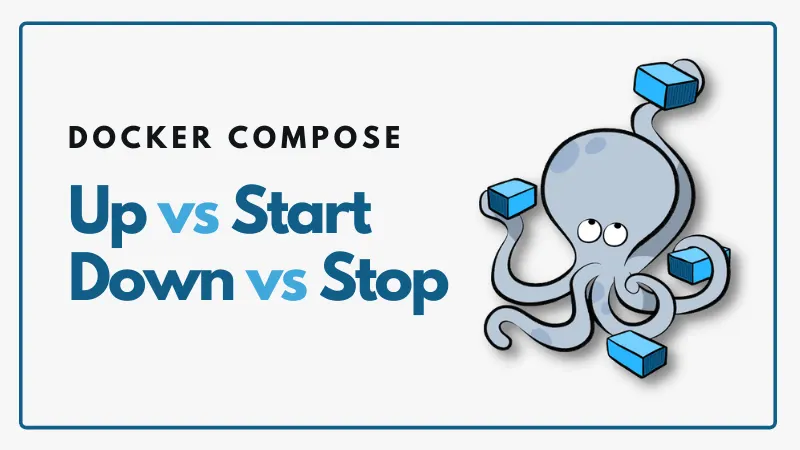
Docker Compose Up vs Start and Down vs Stop: Differences Explained
For a beginner on docker-compose, terms like docker-compose up, start, down and stop could be a quite overwhelming. This article explains the difference with detailed examples.
· Avimanyu Bandyopadhyay

What is Shebang in Linux Shell Scripting?
The seemingly insignificant #! characters at the beginning of a shell script has a major significance on how your script will be executed.
· Abhishek Prakash

Difference Between Single and Double Quote in Bash Shell
Quotes are an integral part of shell scripting and Linux command but they could often be confusing for new users. This article will demystify quotes for you.
· Abhishek Prakash
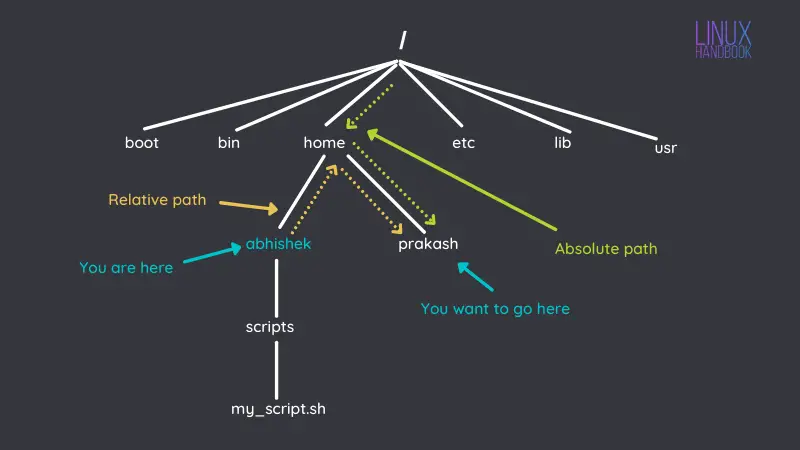
Absolute vs Relative Path in Linux: What's the Difference?
In this essential Linux learning chapter, know about the relative and absolute paths in Linux. What's the difference between them and which one should you use.
· Abhishek Prakash
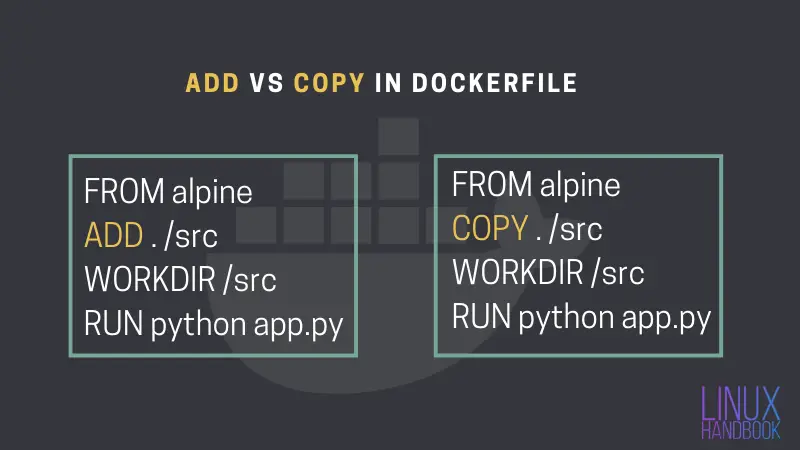
What is the Difference Between COPY and ADD Instructions in Dockerfile?
COPY and ADD are similar instructions used for copying files and directories to the Docker image. What's the difference then?
· Avimanyu Bandyopadhyay
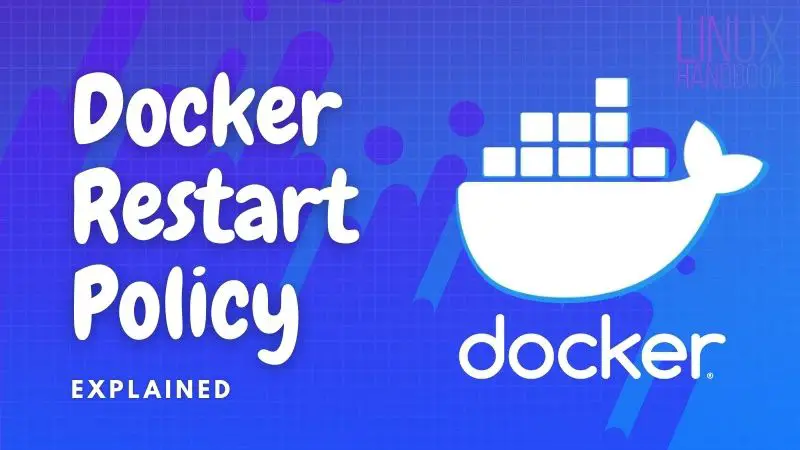
Beginner's Guide to Docker Restart Policy
Using a restart policy can be extremely helpful in restarting containers automatically in certain events or failures.
· Abhishek Prakash